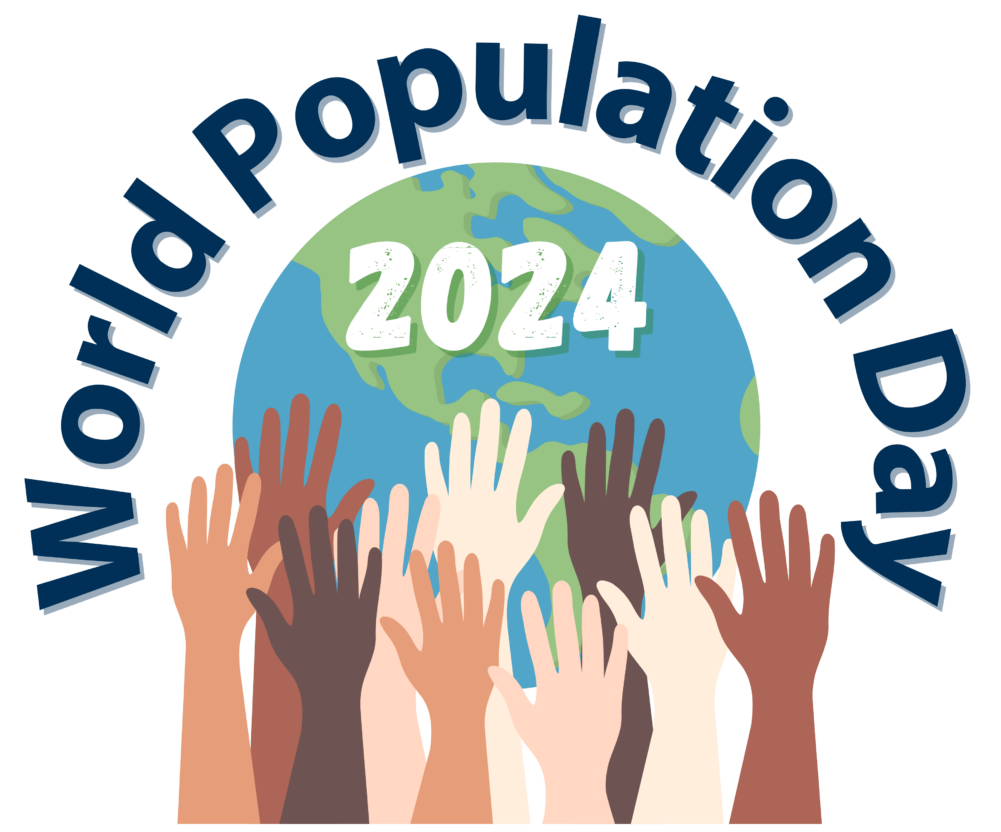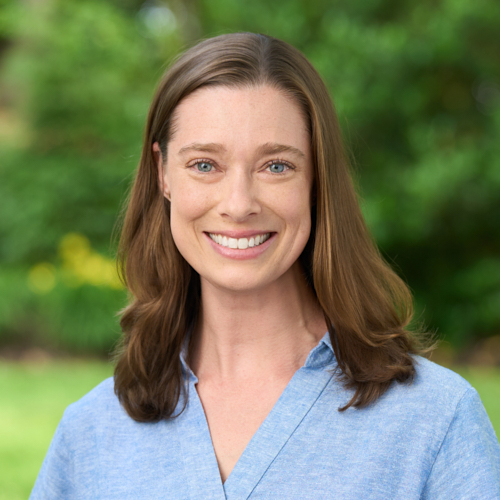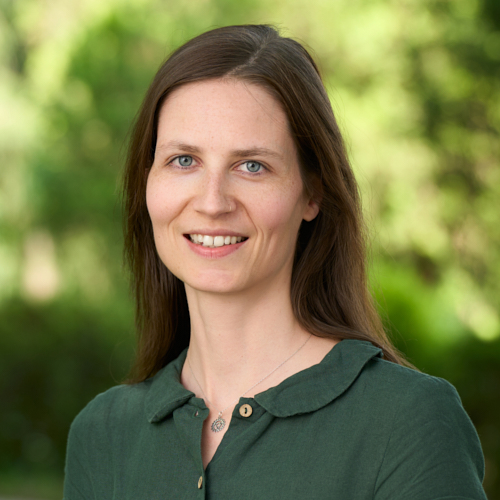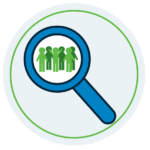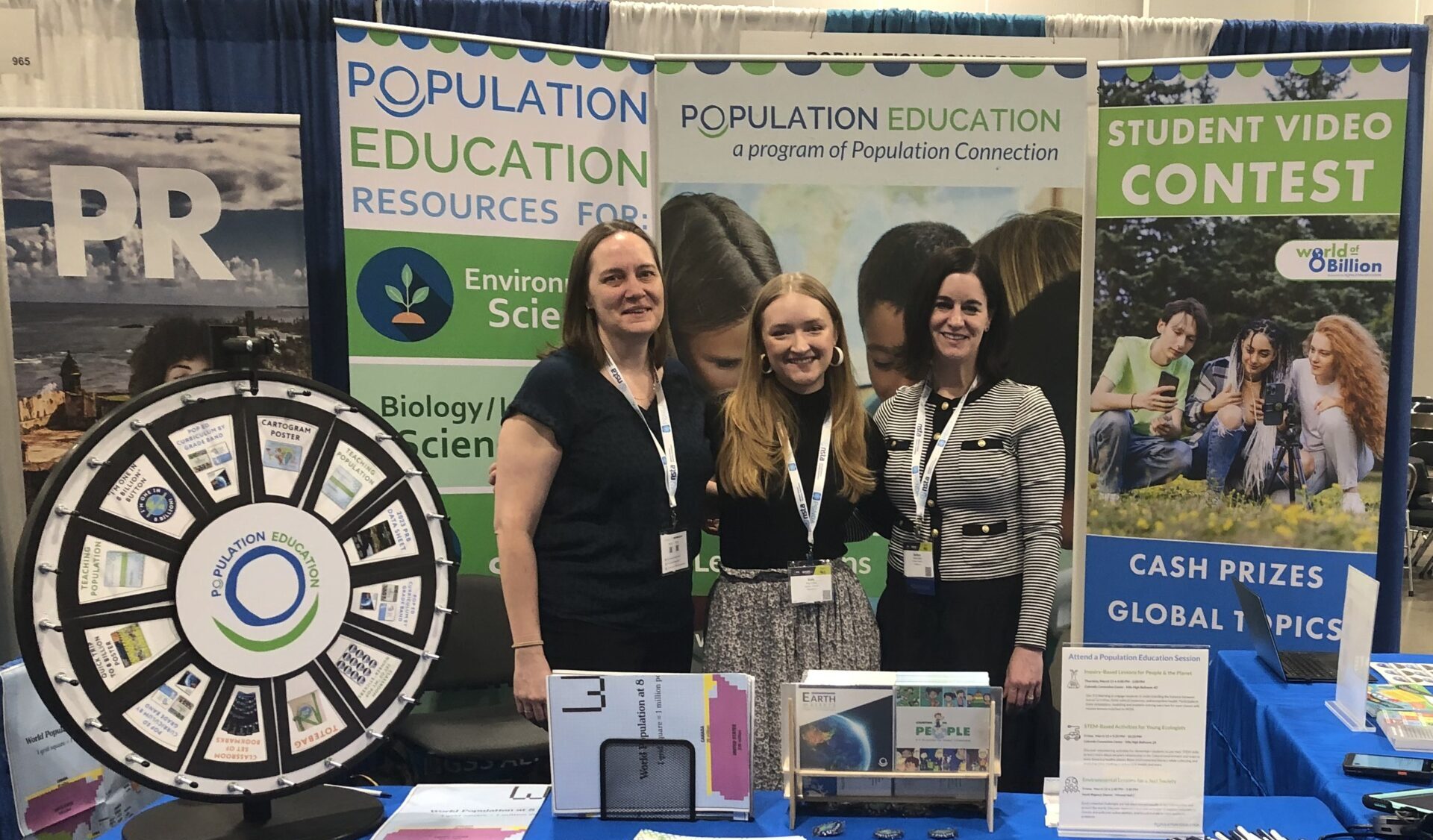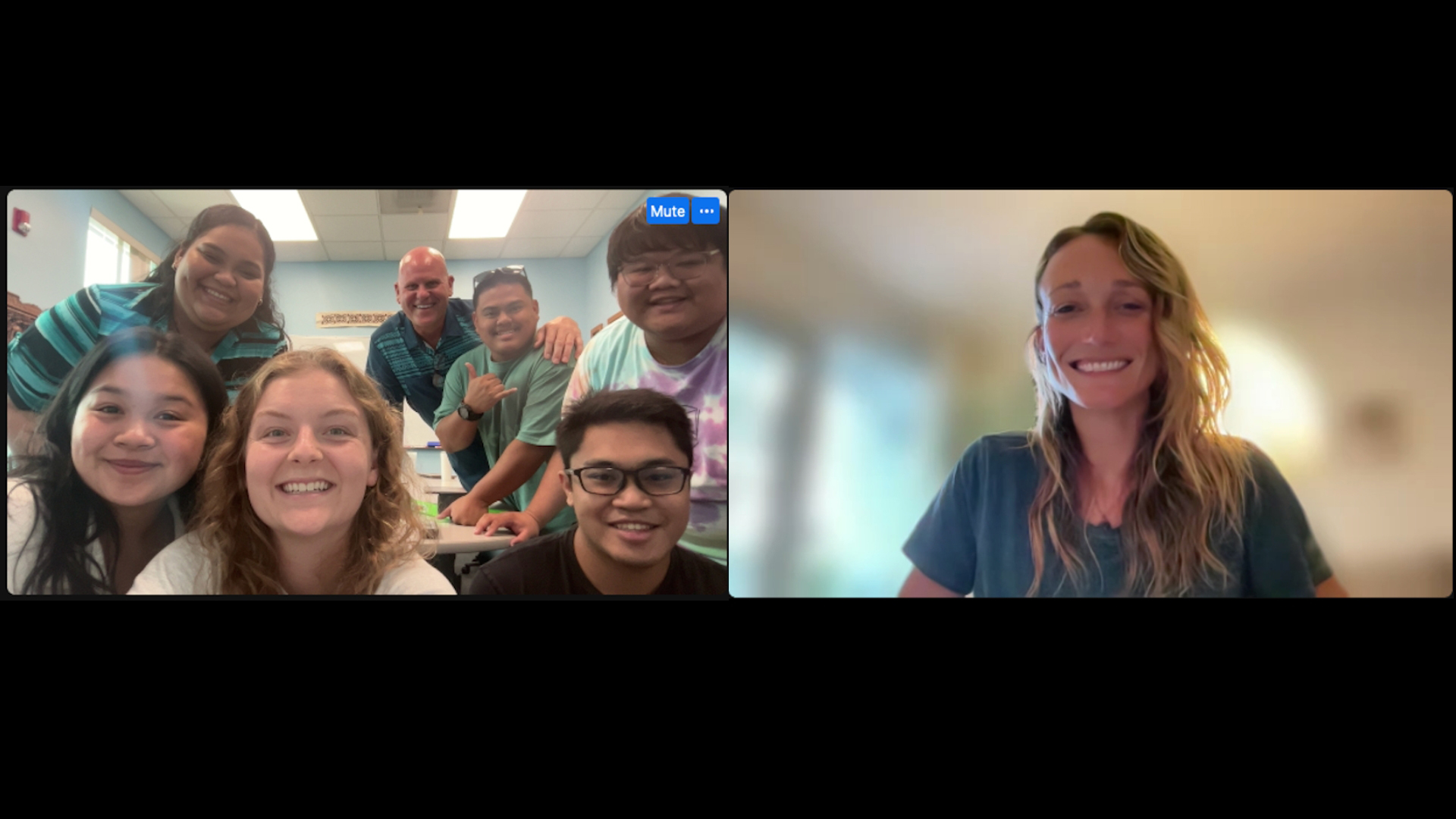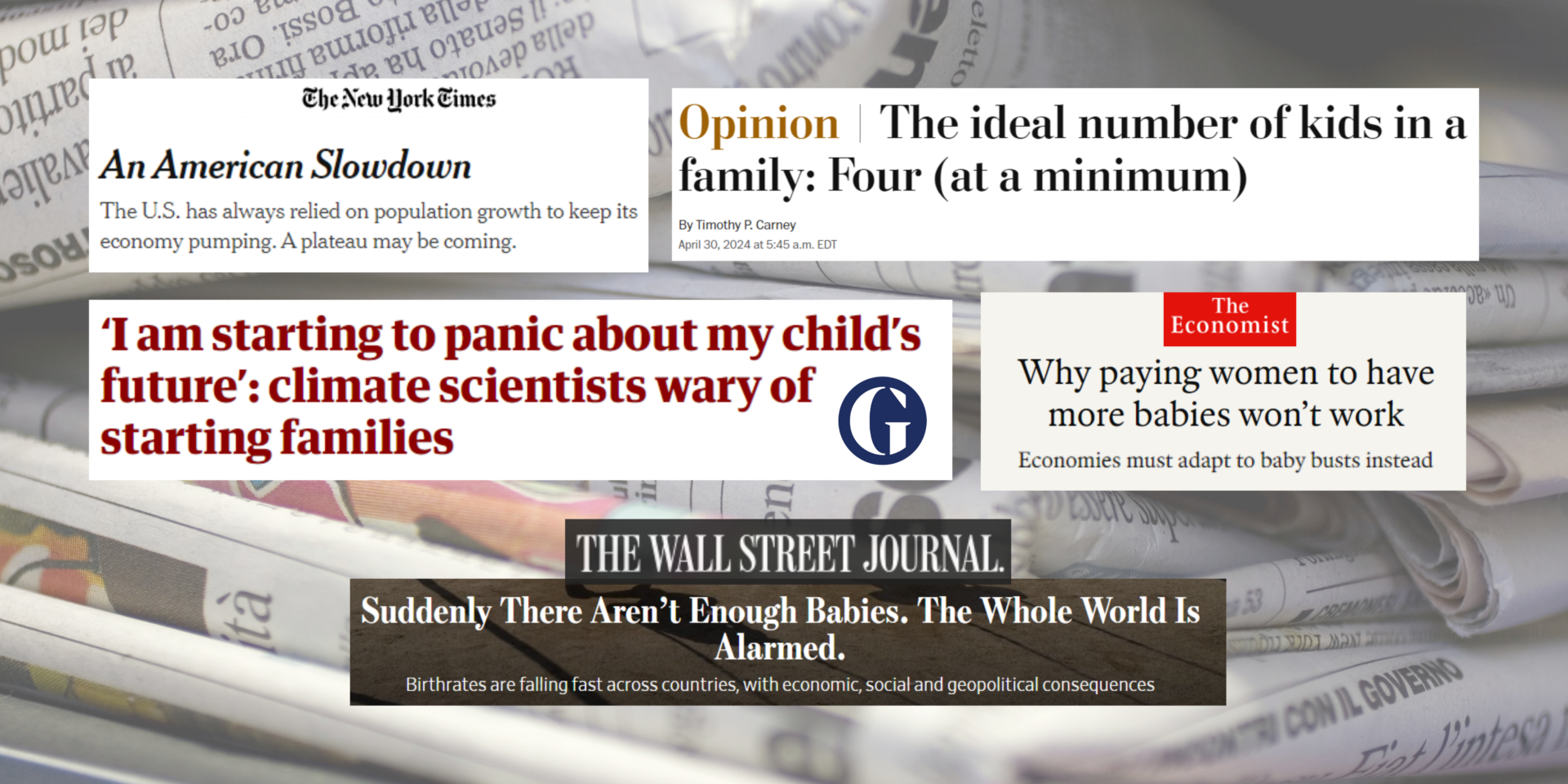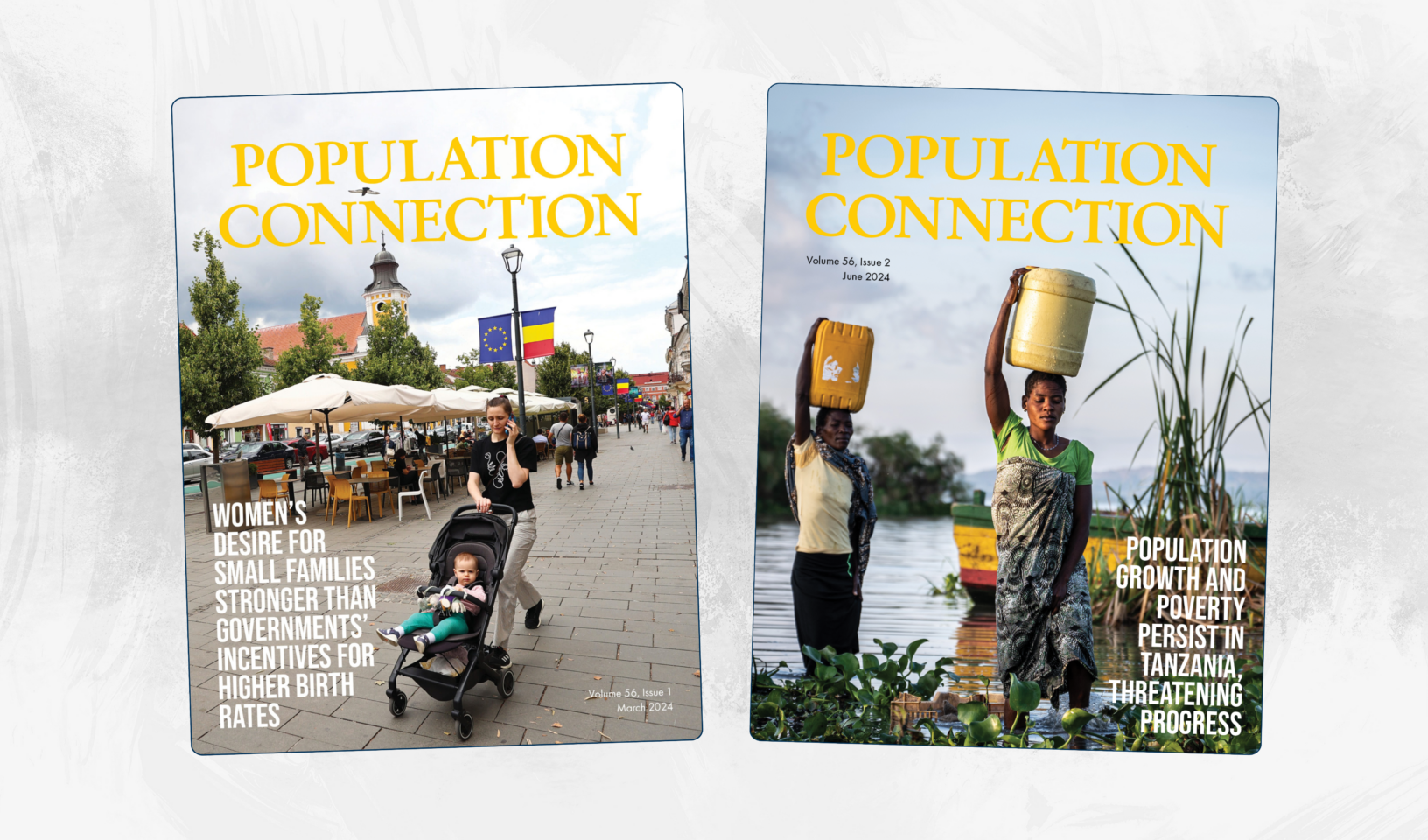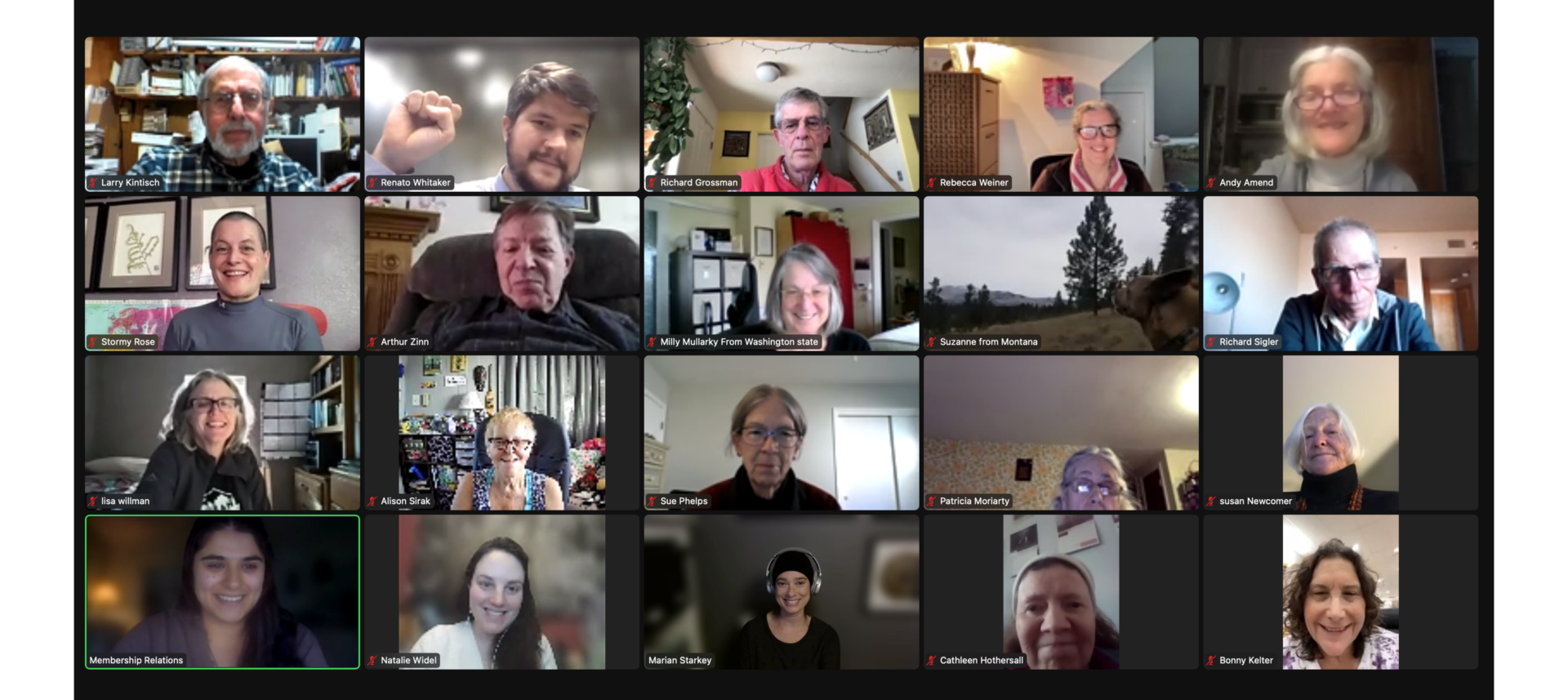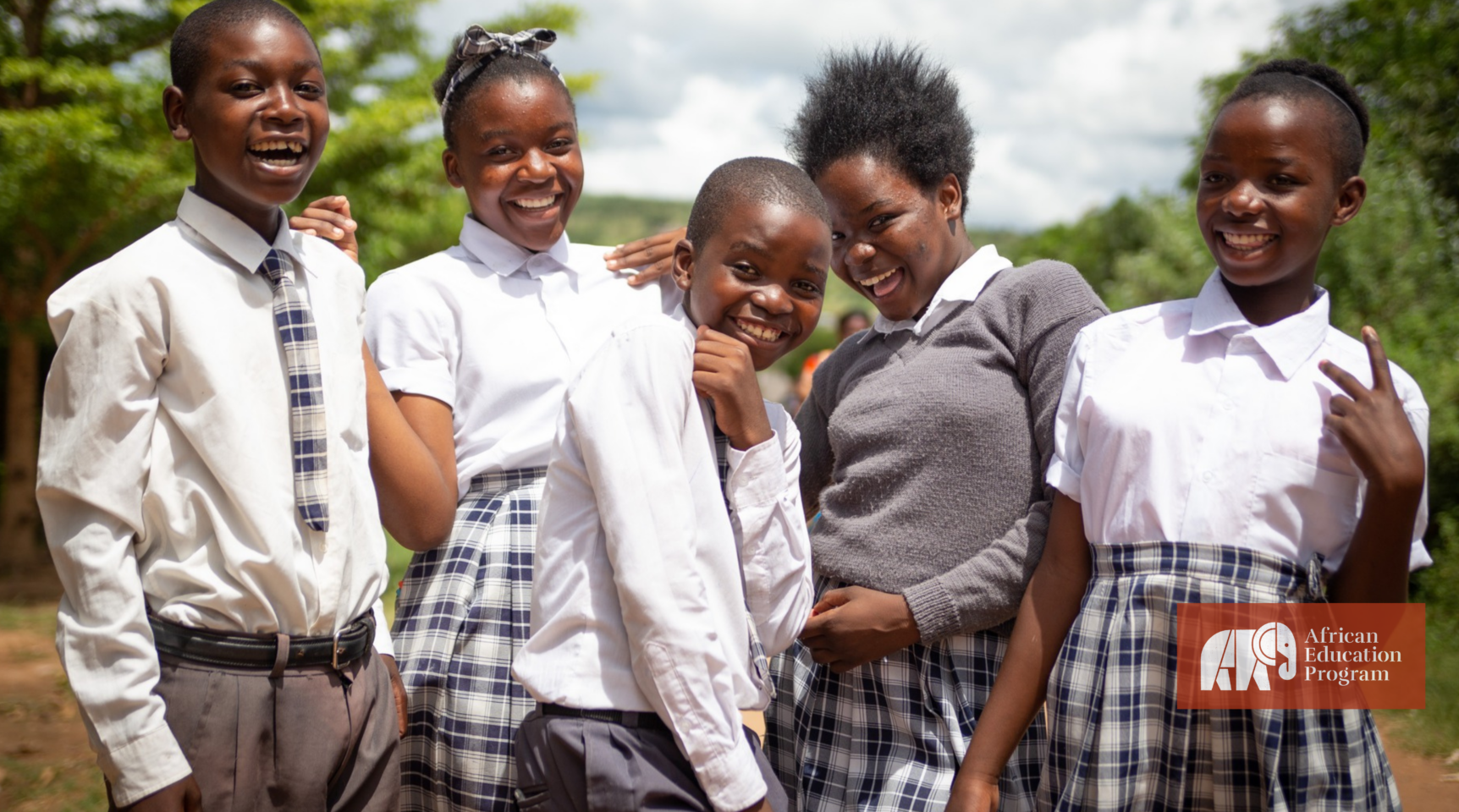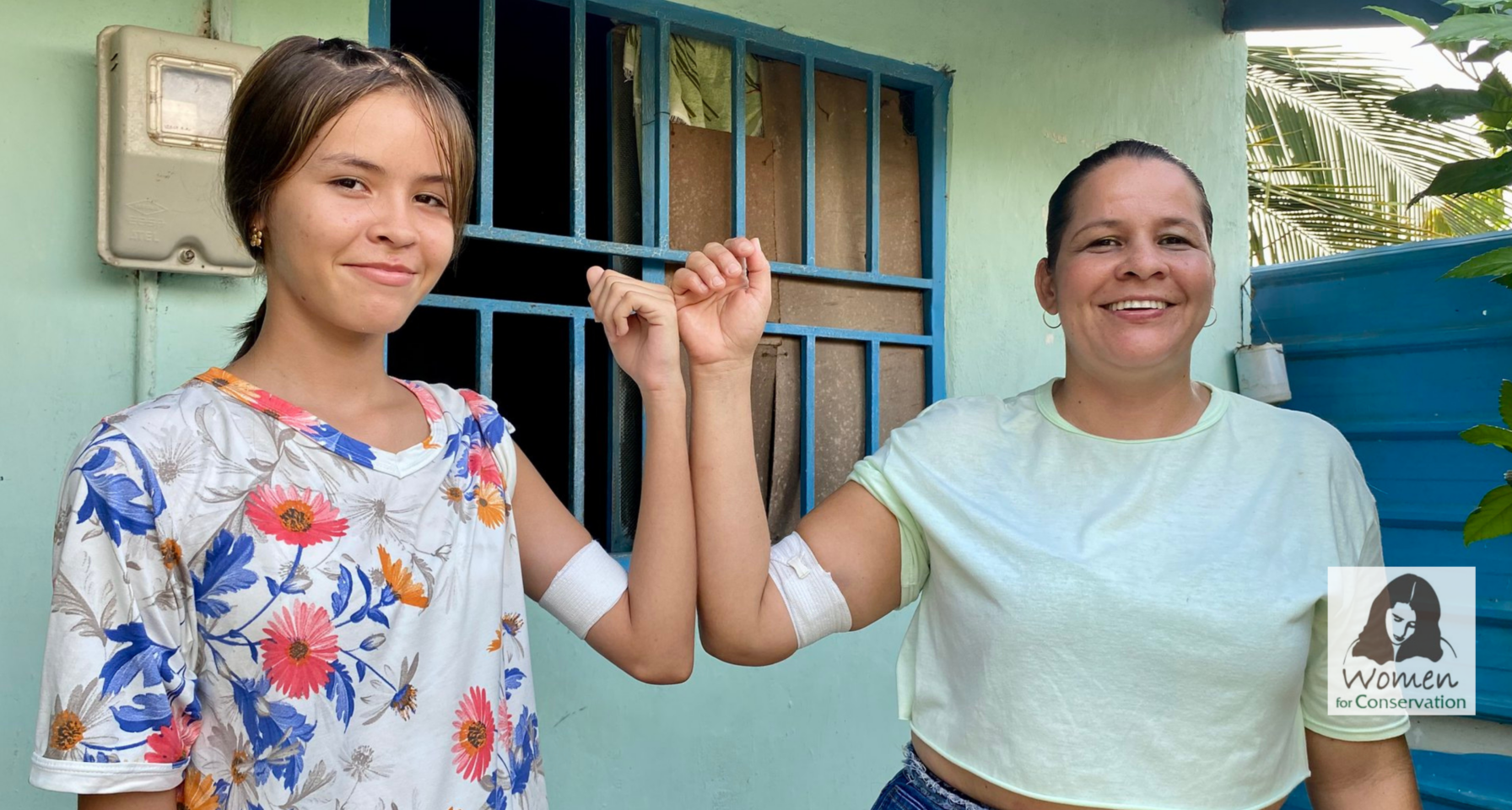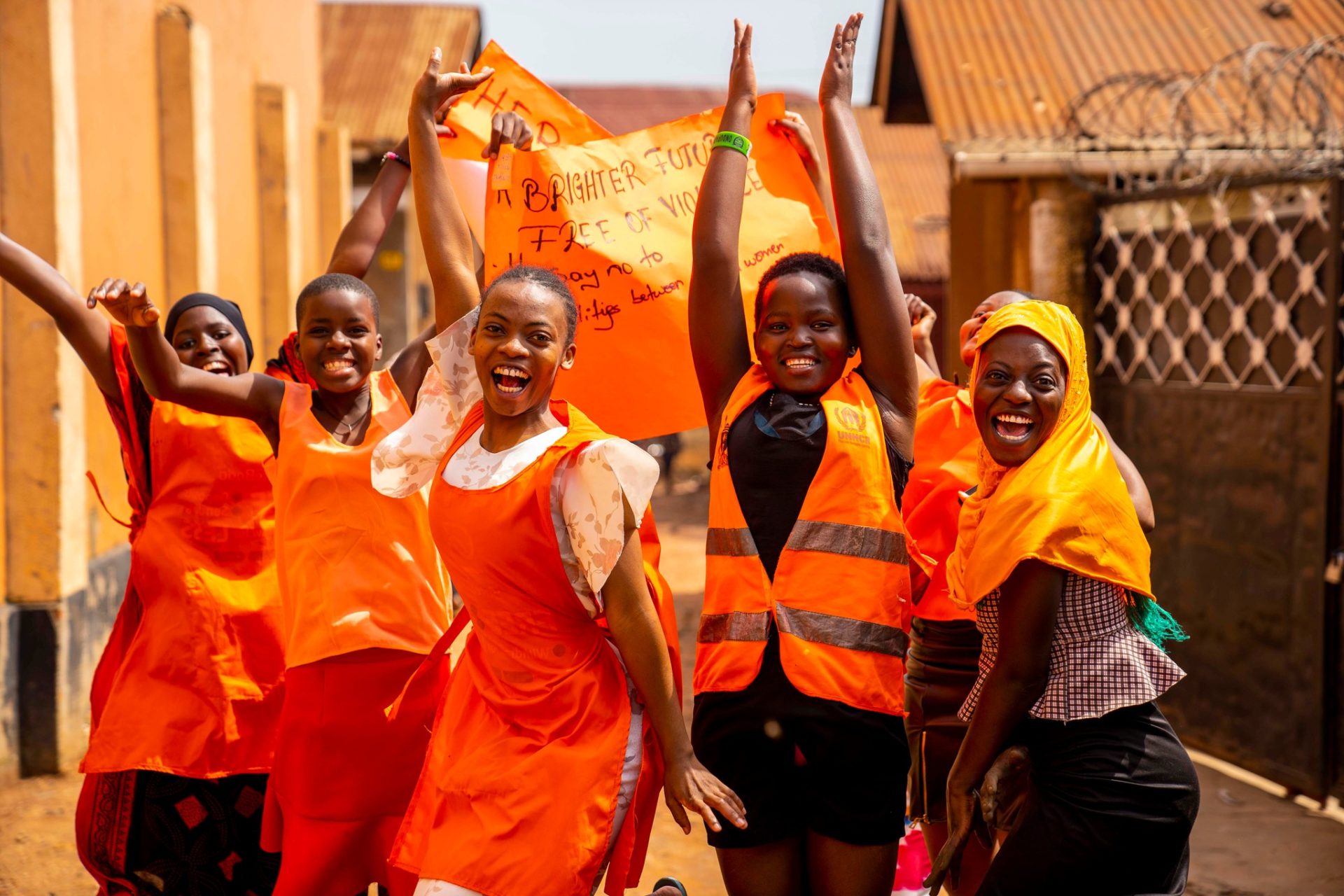Marian joined Population Connection as a Field Fellow in 2007. She has an MSc in Population and Development from the London School of Economics and Political Science and a BA in Psychology (with a minor in Child Development and Family Relations) from the University of Maine.
She is originally from Maine, where she currently lives with her husband and their dog, Penny, a feisty little chihuahua-Yorkie mix. Her two late beagles are never far from her thoughts—they were terribly behaved, but she misses them dearly!
Marian has been a clinic escort since 2007, first at an independent clinic in Falls Church, Virginia, and, since 2012, at Planned Parenthood in Portland, Maine. She also served on the Board of Directors of SAFE, Maine’s abortion fund, for five years, most of that time in executive roles.
Marian’s hobbies include attending concerts and music festivals, hiking with her dog, reading fiction, and volunteering for her local wildlife rehab.

